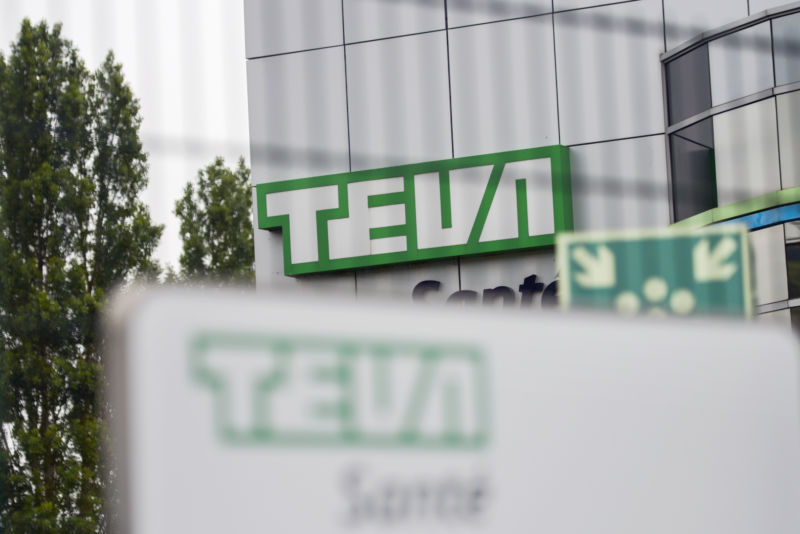https://arstechnica.com/?p=1543617

With four settlement agreements, the state of California will get nearly $70 million from pharmaceutical companies that allegedly cut illegal deals to keep affordable generic drugs off the market, shielding pricey brand-name products from competition.
The settlements also include injunctions that temporarily prevent the drug makers from entering into such “pay-for-delay.”
California Attorney General Xavier Becerra argued that the deals violate antitrust laws and can lead consumers to pay as much as 90% more for prescription drugs.
“These dark, illegal, collusive agreements that drug companies devise not only choke off price competition but burden our families and patients—they force every Californian to shoulder higher prices for lifesaving medication. It’s nothing less than playing with people’s lives,” Becerra said in a statement.
The three companies involved—Teva Pharmaceutical Industries, Endo Pharmaceuticals, and Teikoku Pharma—deny that the deals are illegal and that they harmed consumers.
The four settlements involve two drugs: Provigil (a treatment for narcolepsy and other sleep disorders) and Lidoderm (a prescription patch for shingles).
In the case of Provigil, Becerra alleged that Teva set up four pay-for-delay deals with competitors to keep a monopoly on the sale of the drug from 2006 to 2012. Teva settled, agreeing to a 10-year injunction and a $69 million pay-out. From that payment, $25,250,000 will be put into a fund to reimburse California residents who bought the drug in that time frame.
As for Lidoderm, Becerra argued that all three companies (Teva, Endo, and Teikoku) worked together to delay the release of a generic from the market. Endo and Teikoku, partners in production of Lidoderm, allegedly cut a multimillion-dollar deal with a company acquired by Teva to delay the release of a generic. Endo settled with California for $760,000 and agreed to an eight-year injunction. Teikoku agreed to a 20-year injunction.
Becerra’s office noted that the settlements include the largest payout to a state regarding a “pay-for-delay” deals. They also mark the first time a state has secured an injunction on the deals. The companies had already settled with the FTC over similar allegations related to both drugs.
via Ars Technica https://arstechnica.com
July 30, 2019 at 04:14PM
